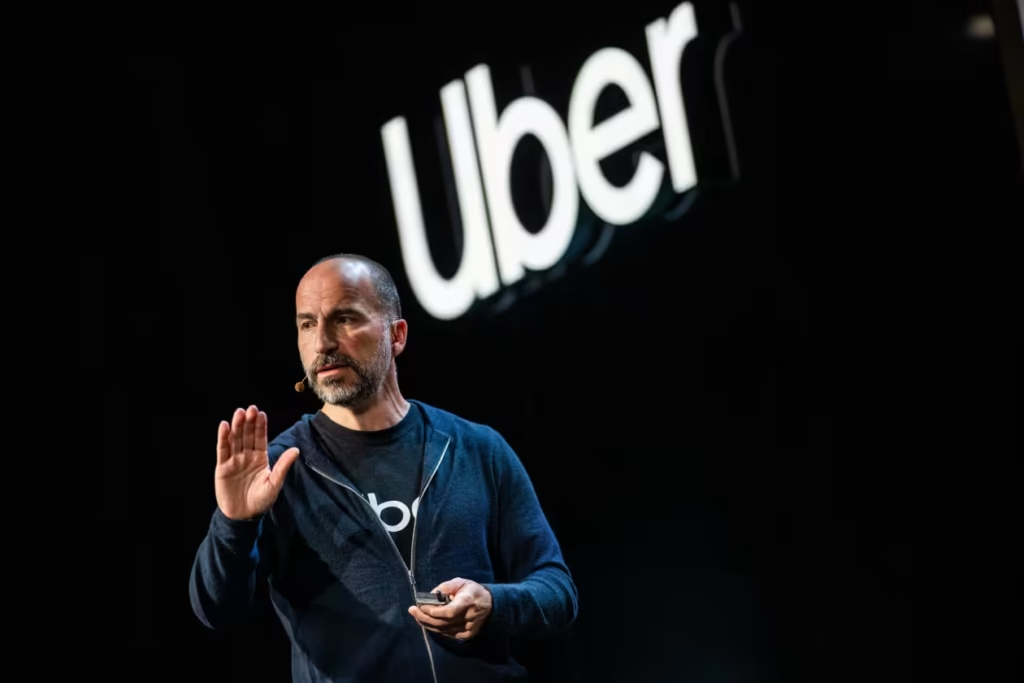When a nation faces collapse, the lessons often come too late. But for Sri Lanka, the opportunity to learn—and act—is still within reach. As outgoing Treasury Secretary Mahinda Siriwardana steps down after steering the economy through its worst crisis in decades, his reflections offer a sobering reminder of how easily things can unravel when warnings are ignored and hard truths are postponed.(Economic Downfall)
A Crisis Foreseen But Ignored
According to Siriwardana, the cracks in Sri Lanka’s economy were visible long before the 2022 crisis erupted. He had seen the early signs as far back as 2020 and had issued internal warnings. Unfortunately, those concerns were brushed aside by key decision-makers. This kind of institutional deafness isn’t just frustrating—it’s dangerous.
Had Sri Lanka acted earlier, much of the damage could have been avoided. But denial and political short-termism won the day. By the time the country ran out of foreign reserves and defaulted on its debt, the fallout had become inevitable.
The key lesson? In a fragile economy, ignoring early warnings is a luxury we cannot afford.
Reform Is Not a Choice—It’s Survival
Siriwardana emphasized that Sri Lanka’s economic recovery, while commendable, remains extremely fragile. It is heavily dependent on the continuity of reforms—particularly those focused on public finance, tax restructuring, and digitization.
One of the biggest dangers Sri Lanka faces now is the temptation to backtrack. As elections approach, populist promises and political distractions could derail years of progress. But that would be a costly mistake. Economic stability doesn’t come from slogans—it comes from sound policy, even when it’s unpopular.
The country must commit to long-term thinking. Reform isn’t optional anymore; it’s the only path forward.
Honesty Must Be a Policy
One of the most striking aspects of Siriwardana’s leadership was his refusal to sugarcoat the truth. He chose transparency over political convenience. This helped rebuild public trust at a time when faith in institutions had hit rock bottom.
When citizens know what’s really happening—when leaders communicate with clarity and honesty—it strengthens resilience. People are more willing to make sacrifices if they believe there’s a plan and purpose. But without honesty, mistrust spreads like wildfire, and economic reform efforts lose public support.
Trust isn’t built overnight. But once lost, it takes years to restore.
From Collapse to Cautious Recovery

When the economic collapse began, Sri Lanka was already in dangerous territory. The government had run out of foreign currency. Essential imports—fuel, medicine, food—had stalled. Debt repayments were suspended. Inflation soared. Many feared the worst.
But quick fiscal interventions, a return to taxation, and the pursuit of an IMF-backed recovery plan helped steer the country away from the edge. The Treasury, under Siriwardana’s direction, took decisive action—cutting spending, expanding the tax base, reforming state enterprises, and digitizing revenue collection.
The results have been promising, but they’re still fragile. Any disruption or policy reversal could send the economy back into chaos.
Institutional Discipline Is Key
Beyond policies and programs, what Sri Lanka needs most is institutional discipline. That means public servants acting with integrity. That means leaders prioritizing the nation over their own image. And it means respecting processes that prevent short-sighted decisions.
One of Siriwardana’s legacies is his work in strengthening financial legislation and governance mechanisms. He supported frameworks that promote accountability and long-term planning. These systems—if respected—can act as guardrails to prevent future crises.
But legislation alone isn’t enough. Cultural change must follow. Sri Lanka must build a public service that is driven not by politics, but by purpose.
Sovereignty Must Be Earned, Not Claimed
Perhaps the most powerful takeaway from Siriwardana’s message is that Sri Lanka had, in many ways, lost control over its own economic fate. When you default on your debts, your options shrink. When you depend on foreign bailouts, your room to maneuver narrows.
Reclaiming sovereignty means becoming financially independent again. That means building reserves. It means earning the confidence of investors. And it means resisting the political urge to abandon difficult but necessary reforms.
Sri Lanka is not yet free from crisis. It is walking a narrow bridge, and one misstep could undo all the progress made. The country cannot afford to forget what it went through—or how close it came to total collapse.
The Role of Citizens in Economic Recovery
The government’s role is critical—but so is the role of every citizen. Economic revival isn’t something that happens in ministry buildings alone. It happens when businesses innovate, when consumers make informed decisions, and when workers demand and practice accountability.
Sri Lankans must stay vigilant. They must reward good governance, question reckless policies, and support long-term stability over short-term handouts. Civil society, media, and private sector leaders all have a part to play in sustaining economic discipline.
In moments of crisis, blame spreads fast. But recovery demands shared responsibility.
A Call for National Maturity
The 2022 crisis was more than just an economic disaster. It was a reckoning. It showed how far we had strayed from disciplined governance and rational policymaking. It also revealed how easily false confidence can replace uncomfortable truths.
Sri Lanka has a second chance. But only if it approaches the future with humility, courage, and discipline. There is no place anymore for bravado or blame games. The path forward demands maturity—political, economic, and social.
What Mahinda Siriwardana leaves behind is not just a record of survival, but a blueprint for how not to repeat our mistakes.
Conclusion: Staying the Course
Sri Lanka’s economy may be stabilizing, but that is no reason for complacency. The story of the 2022 crisis is a warning, not a chapter to close and forget.
The road ahead will be long and full of hard choices. But with responsible leadership, active citizenship, and a commitment to long-term reform, Sri Lanka can not only recover but become more resilient than ever.
We must remember that progress is fragile, and success is never guaranteed. The next crisis will not wait for our convenience. It will come if we let our guard down. Let us stay alert, stay united, and stay committed to never going back.













